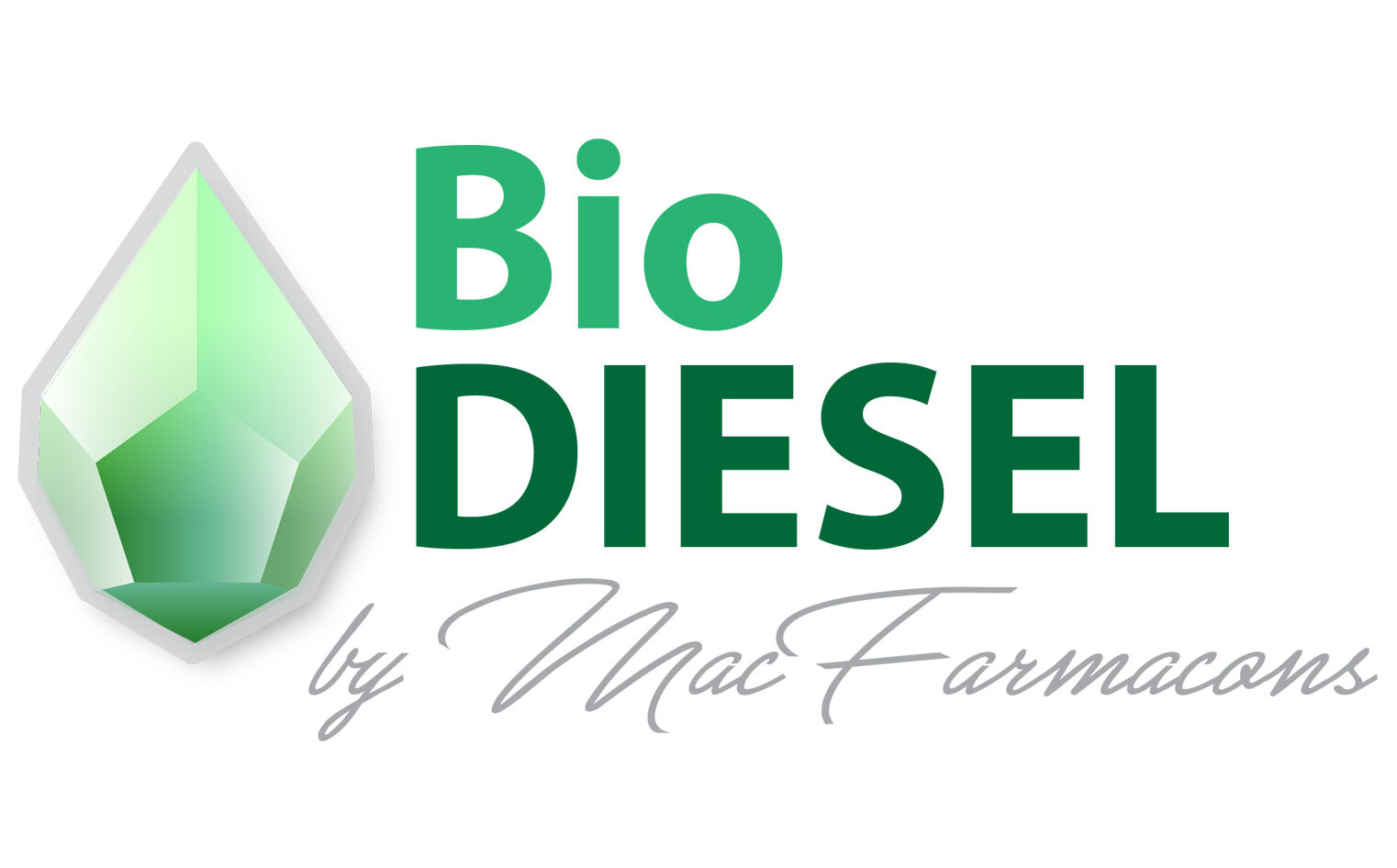Waste vegetable oils, which are collected from restaurants, are brought in 60 litre drums and received in a plastic vat from where, after indirect heating, they are pumped into a 5000 litre tank for conditioning/treatment for processing. These oils are generally of good quality. They have some food impurities etc. Also during cooking at high temperatures the oil breaks down into free fatty acids (FFA) and the oxidation stability of the oil decreases. These oils generally have a FFA concentration of 2-5%, which can be removed using the pre-treatment system.
Used cooking oil (UVUC) needs a special treatment for cleaning and water removal before being used in the transesterification process. This oil is contaminated with food waste and water. The UVUC component is a wide range of different vegetable oils. The oil collection tank used for cooking has a special design with a filter and a conical bottom for water separation. Two separate heating circuits made of immersed INOX flexible pipe spirals allow heating with hot water of 60°C or 75°C.
Unrefined oils
Any kind of crude oils can be processed directly into biodiesel, but to be sure of achieving the standard and for good process yield and reduction of losses, they should be refined. Therefore, our pre-treatment unit will refine these crude oils.
Used vegetable oils
These oils that are collecting from restaurants are generally good quality oils. They have some food impurities etc. also during cooking at high temperatures the oil breaks down into free fatty acids (FFA) and the oxidation stability of the oil decreases. These oils generally have a FFA concentration of 2-5%, which can be removed using the pre-treatment system. The oxidation stability (which is one of the problems of the European biodiesel standard) of such oils is solved by blending additives such as BHT into the final biodiesel product.
Animal fats
These types of oils from animal processing and leather processing are available on the market at reasonably better prices than crude oils. They are partially refined, they are separated from meat and bones, and the FFA content is about 5%. Similarly, FFA is removed using the pre-treatment system. An important property of this oil is that it absorbs more water than other crude oils, so vacuum treatment is required to remove residual water before reaction, which is also done in pre-treatment units. Animal fats, are very good in terms of high cetane number, at the same time they have higher melting points. Therefore, these oils should be considered in summer time.
Acid oils
These oils are obtained from (soap-foam), a waste product formed from lye and FFA after refining of edible vegetable oils. These oils are used as feed additives in some countries. However, in most European countries this is banned because it may contain some heavy metals. Therefore, these oils will be the best priced oils on the market. They have a FFA concentration between 40-80%, depending on the oil and the refining and processing conditions. There is thus a high degree of FFA and these oils need a special acid treatment, which is able to convert this high FFA into methyl ester (biodiesel).

